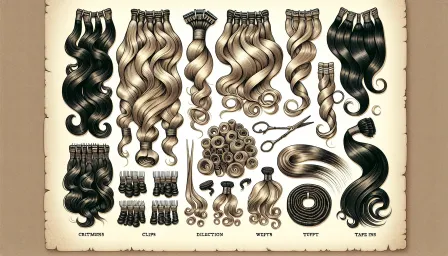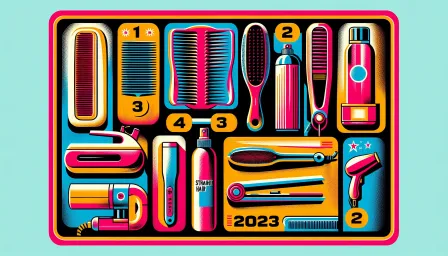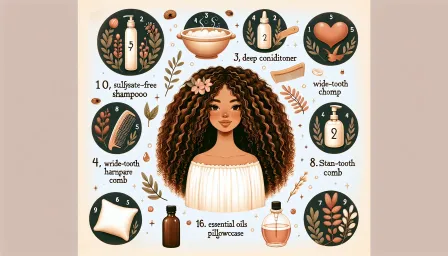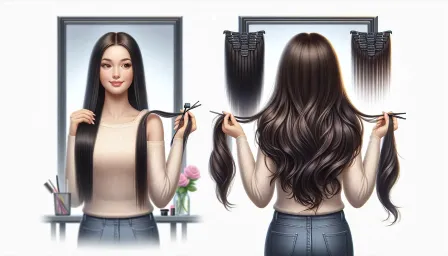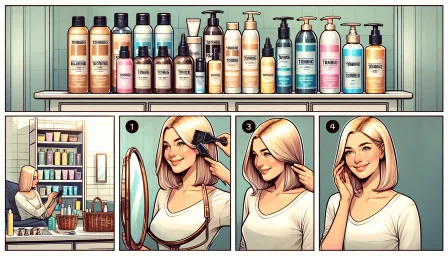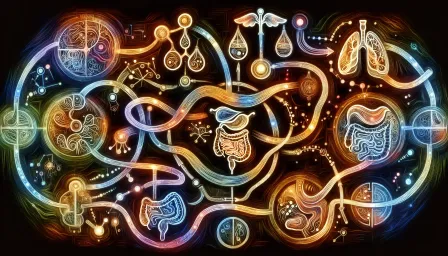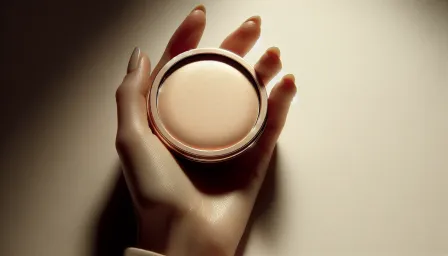Top Split Ends Causes and Prevention Tips You Need to Know
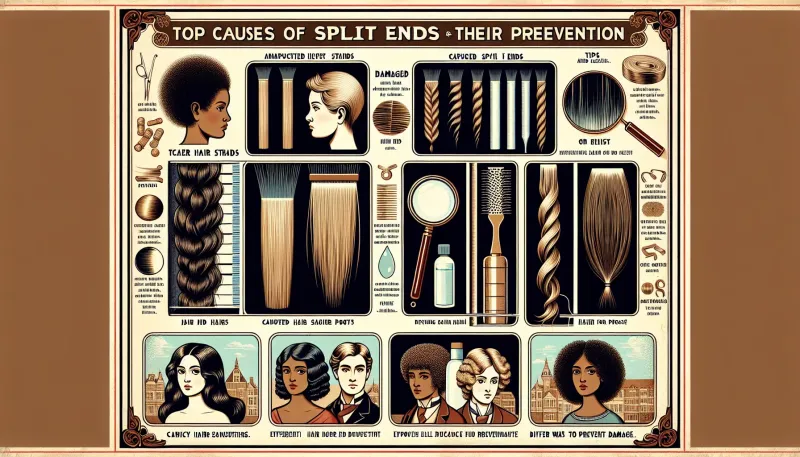
Discover the primary causes of split ends and effective prevention tips to keep your hair healthy and strong. Get expert insights on maintaining luscious locks.
Split ends are a common hair concern that many individuals face, leading to brittle, damaged hair that can be difficult to manage. Understanding the causes of split ends and knowing how to prevent them is essential for maintaining healthy, lustrous locks. In this article, we explore the top split ends causes and provide valuable prevention tips to help you achieve your hair goals.
Understanding Split Ends
Split ends, technically known as trichoptilosis, occur when the hair shaft frays or splits at the end due to damage. This damage weakens the hair, making it prone to breaking and leading to an overall unhealthy appearance. To effectively address this issue, it's crucial to identify the underlying causes and implement preventative measures.
Common Causes of Split Ends
1. Environmental Factors
Exposure to harsh environmental conditions, such as sun, wind, and pollution, can strip the hair of its natural moisture, making it dry and brittle. This increase in dryness leads to split ends over time.
2. Heat Styling
The frequent use of heat styling tools, such as blow dryers, curling irons, and straighteners, can cause significant damage to the hair. High temperatures can weaken the hair cuticle, resulting in split ends.
3. Chemical Treatments
Chemical treatments like coloring, perming, and relaxing can alter the hair's natural structure, leading to damage. These processes can strip the hair of essential oils and proteins, causing it to become weak and prone to splitting.
4. Poor Haircare Practices
Improper haircare practices, such as rough towel drying, excessive brushing, and using harsh hair products, can lead to split ends. These practices can cause mechanical damage and weaken the hair strands.
5. Nutritional Deficiencies
A lack of essential nutrients, such as vitamins and minerals, can affect the health of your hair. Inadequate nutrition can result in weak, brittle hair that is more susceptible to splitting.
Prevention Tips for Healthy Hair
1. Regular Trims
One of the most effective ways to prevent split ends is by getting regular trims. Cutting your hair every 6-8 weeks helps to remove damaged ends and prevent them from splitting further up the hair shaft.
2. Minimize Heat Styling
Try to limit the use of heat styling tools. When you do use them, apply a heat protectant spray to minimize damage. Additionally, opt for lower heat settings to reduce the impact on your hair.
3. Avoid Over-Washing
Washing your hair too frequently can strip it of its natural oils, leading to dryness and split ends. Aim to wash your hair 2-3 times a week with a gentle, sulfate-free shampoo.
4. Use the Right Hair Products
Invest in high-quality hair products that are free from harsh chemicals. Look for shampoos, conditioners, and treatments that are specifically designed for damaged or dry hair to help nourish and protect your strands.
5. Hydrate and Condition
Keep your hair hydrated by using a good conditioner and deep conditioning treatment regularly. These products can help to maintain moisture levels and strengthen your hair, reducing the risk of split ends.
6. Be Gentle When Towel Drying
Avoid rough towel drying, which can cause friction and damage to the hair cuticle. Instead, gently blot your hair with a soft towel or use a microfiber towel to absorb excess moisture.
7. Maintain a Balanced Diet
Ensure you are consuming a balanced diet rich in vitamins and minerals, particularly those that support hair health, such as biotin, vitamin E, and omega-3 fatty acids. Proper nutrition plays a vital role in maintaining strong and resilient hair.
Conclusion
Split ends can be a frustrating and persistent problem, but by understanding their causes and implementing preventative measures, you can significantly reduce their occurrence and maintain healthier hair. Regular trims, minimizing heat styling, using the right hair products, and maintaining good haircare practices are essential steps towards preventing split ends. Additionally, a balanced diet and proper hydration will support overall hair health. By taking these proactive steps, you can enjoy strong, beautiful hair free from the worry of split ends.




